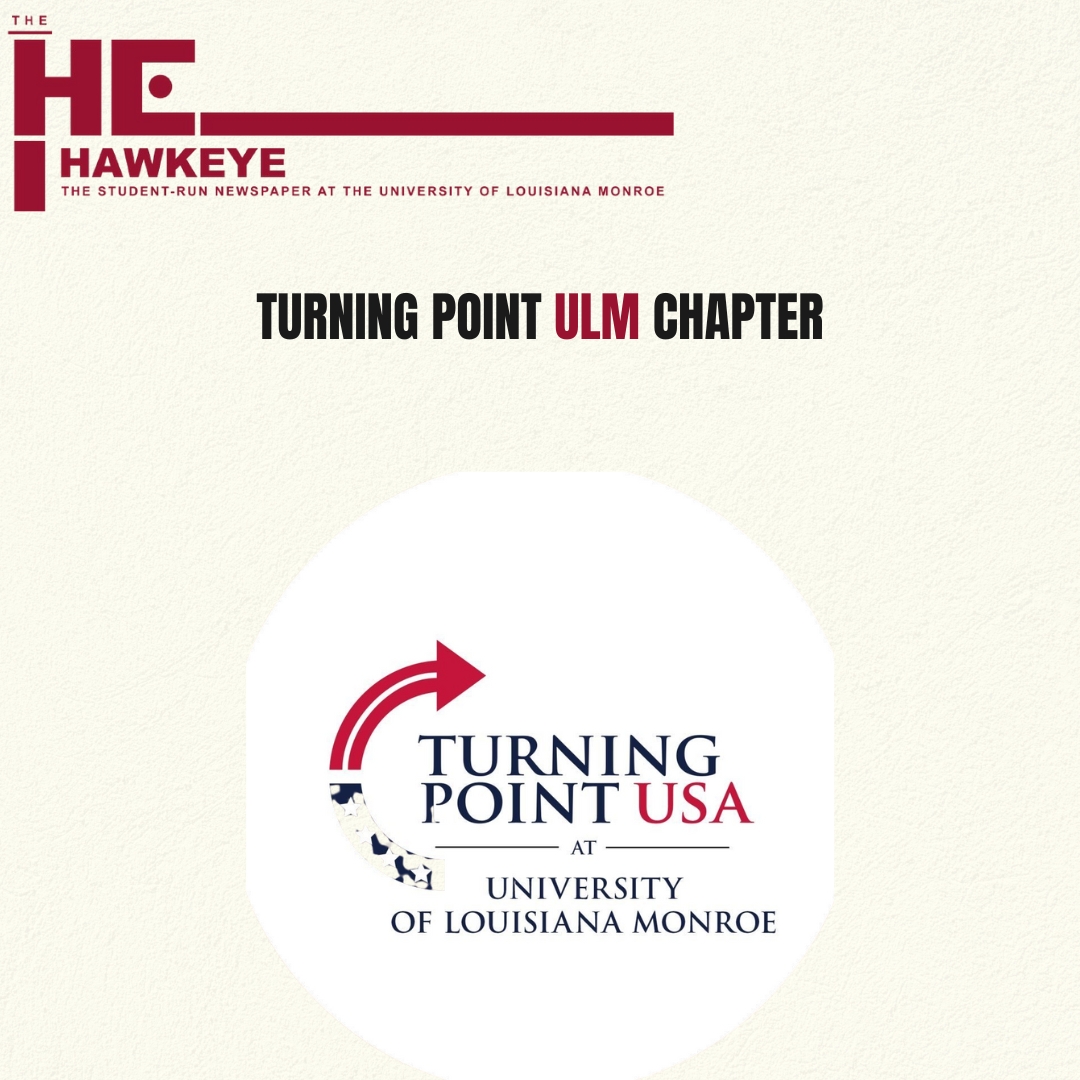Cindy Rogers, president of St. Francis Medical Center, presented “The Advancement of Women in Leadership Roles” as the next segment of the Pink Bag Series last Tuesday. She began her presentation with James Brown’s song “It’s a Man’s Man’s Man’s World.”
But, Rogers asked, really?
The presentation focused on how feminism has evolved over the years and how it has effected women in the workplace.
Rogers is the 5th woman to serve as the trustee/elected chair for the Louisiana Hospital Association. She said that there had been many opportunities and promotions denied to her in the past, which she attributed to gender issues.
Students learned about the beginning of feminism and what it meant for the U.S.
“She brought up the fact that when the men went to war, the women took over and went to work and also made a name for themselves (during 1st wave feminism) and showed that they can do more than just stay home and take care of the house and the kids. It showed a time in history when women came out and showed what they could also do in the work force,” said Akshay Patel, a pre-medical sophomore.
However, most definitions of feminism rarely mention “woman” nowadays. Ms. Rogers accredits this to the third wave of feminism (1994) which has “grown beyond the boundaries of thinking of feminism only in terms of what it means to woman.”
Feminism should be equality for all sexes, free from any limiting barriers, says Ms. Rogers. According to her, “saying that a woman would be better fit (for a job) is almost more damaging to feminism than choosing a man over a woman for a job.”
For some students, the stories Rogers told were shocking.
“Her friend fought and fought for a promotion within her company only to be repeatedly told that she didn’t need it because she was “just a second income to her husband” and the men in the company had families to support,” said Jessica Hawkins, freshman Psychology major.
In the end, Rogers said that her friend won her legal battle against her company. According to Hawkins, that shows a prime example as to why women should not give up.
“If you have a goal, go for it and don’t let them hold you back,” Hawkins said.
Rogers finished with the point that women should not settle in the workplace just because they are women. According to Rogers, women should not pursue jobs or promotions because of gender or diversity roles because that limits them. She encouraged women to not let anything block their goals.
“Don’t be told, ‘you’re a woman, go to your office; they’ll call you when they need you,’” Rogers said.










